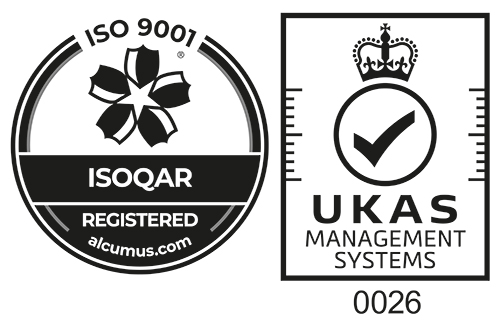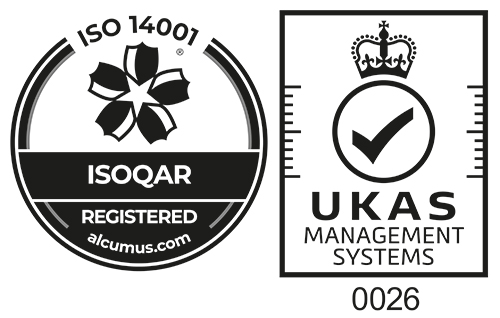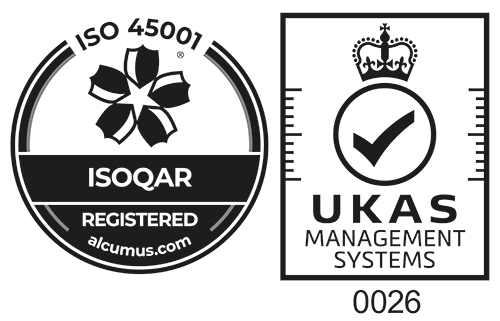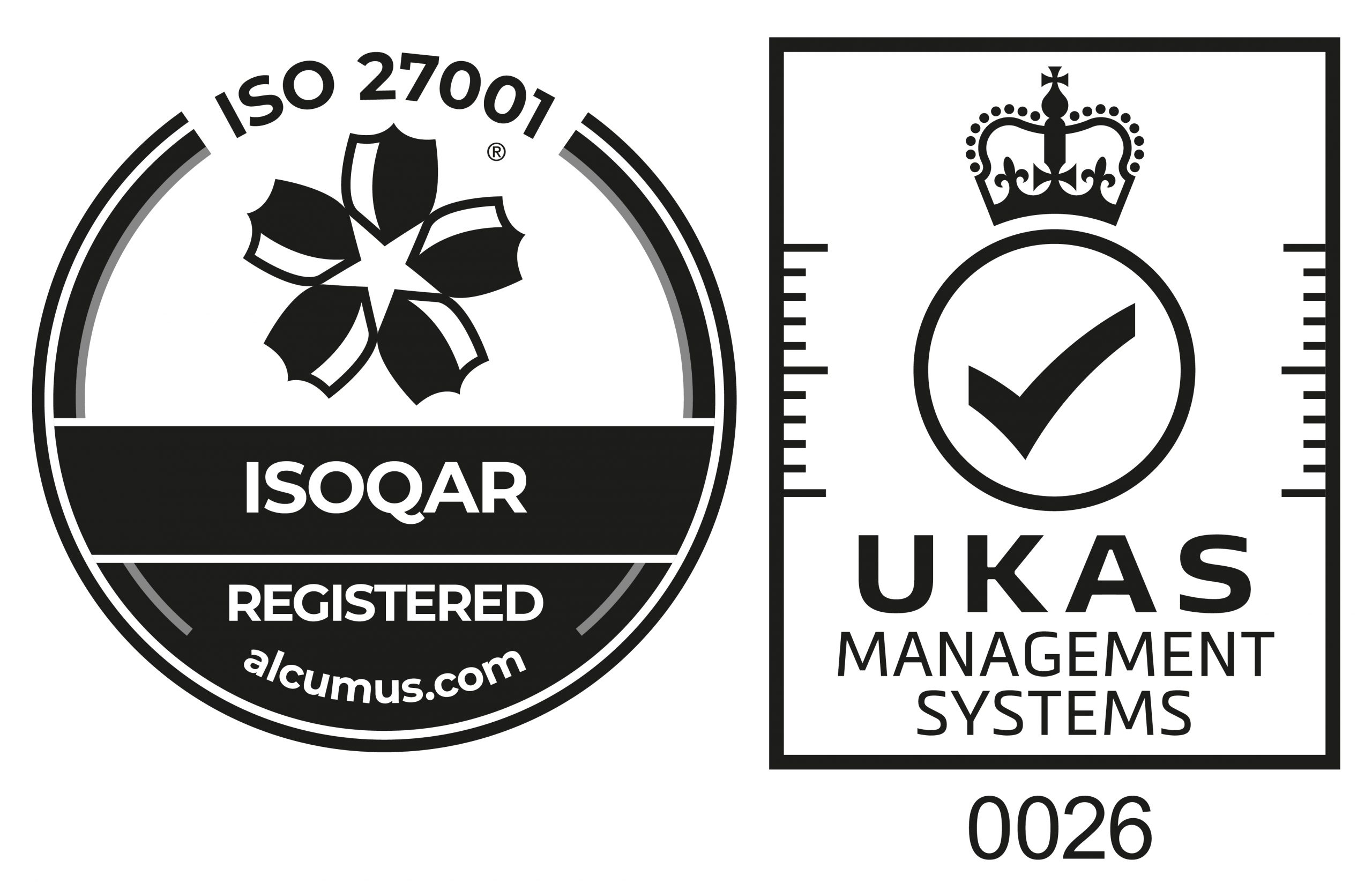There has been a lot written in the construction media over the last few years about the skills shortage that the industry faces in the coming decade. More recently the focus has been on how this is will be further compounded by leaving the EU. Balfour Beatty have already come out and said that one in ten of its recruits last year came from other EU countries. They cited Brexit as one of six issues exacerbating an engineering shortage in this country, adding that this could eventually drive up the price of building.
A harder form of Brexit realistically could shrink the construction industry’s capacity. This is during a period when it actually needs to grow to meet government objectives, Lord Stunell a key peer has warned parliament.
He is currently leading a review into the impact leaving the EU will have on the construction sector, and is on record as saying that the industry “needs to expand its capacity by about 35 per cent” in order to deliver key infrastructure projects on the timescales set out. These include major schemes such as Hinkley Point C, a third runway at Heathrow and High Speed 2.
However, should the UK’s exit from the EU manifest itself into a harder kind, where access to the single market is rescinded, the Customs Union is scaled back and under The Treaty of Rome freedom of movement is curtailed, then the industry in his estimations “will shrink by 9 per cent”. This assumption is based on the proportion of the UK construction labour force from elsewhere in the EU, which correlates with Balfour Beatty workforce stats.
Should a harder Brexit prevail, then the skills shortages within the sector will be further exacerbated by an ageing workforce. Regional contractors near Hinkley Point C are already having to change their building designs and methods on projects due to a looming skills shortage in the area.
Regardless of the outcome over the coming years, the opportunity now exists for the industry to further encourage new blood in and to manage the current workforce better to ensure some semblance of continuity can prevail. In order to do this, the larger players in the industry will certainly have to better embrace technology to support the older members of the workforce and find new methods to help ease pinch points in the labour supply.
At Mosaic Management Systems we offers a competency management system at its core (SkillCheck), that could be used to help companies gather data to better assess their exposure to the skills-gaps that are likely to occur in the future. This will aid scenario planning, while providing management with data to base resource allocation decisions upon.
In addition the system also allows for personal information to be complied against a worker record on qualifications and training, but also health issues. On all the aforementioned points the industry will need to come up with creative new initiatives (or further ramp up existing ones) that are quantifiable and beneficial to workers and productivity. Thankfully, our system will be able to assist companies rolling out such ‘worker management’ programmes from the outset.
Mosaic is used by the biggest names in the construction industry to manage a range of safety critical and competency issues on major infrastructure sites and projects. Indeed, Mosaic is sometimes mandated by companies due to the significant role it plays in reducing site health and safety issues, security, improved productivity and time saved.
To read more about us and the services we offer to the construction industry please click here





